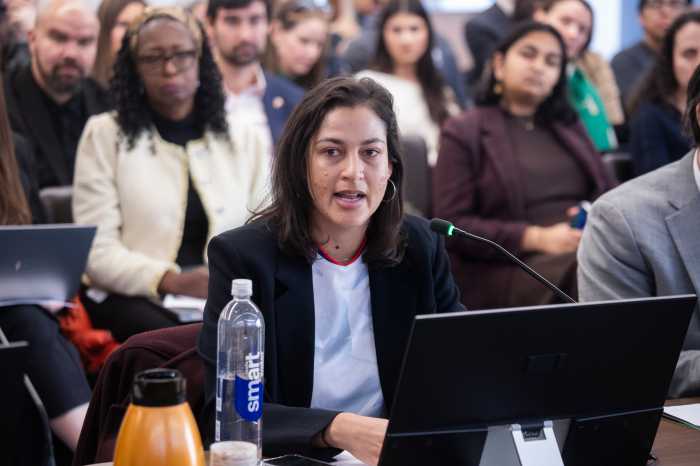A recent New York State Court of Appeals case has provided some helpful clarification with respect to the grandparents’ visitation rights. Section 72 of the New York State Domestic Relations Law provides generally that when either or both of the parents of a minor child are deceased, a grandparent may apply to either the NY State Supreme Court or Family Court for visitation rights.
Although this law ostensibly provides relief for grandparents in certain extenuating situations, there is still a strong presumption that a parent’s wishes represent the best interests of the child, so a grandparent will not always prevail.
Nonetheless, in Matter of E.S. v. P.D., the Court held that there are times when the government can intrude and determine what is in a child’s best interest, despite the protests of the parent and can bestow grandparent visitation rights even if it is against the parents’ wishes.
Matter of E.S. involved a situation where a young boy’s mother was diagnosed with cancer. His maternal grandmother moved into his home in Huntington in order to take care of him and his mother. The grandmother took care of the household including cleaning, cooking, shopping and watching her grandson who was four years old at the time. After the mother died, the father invited his mother-in-law to remain in the house. She did in fact stay for the next 3 1/2 years and took care of a majority of her grandson’s needs including getting him ready for school, putting him to bed at night, cooking his meals, helping him with his homework, taking him to play dates and doctor’s visits, etc.
Unfortunately, the relationship between the father and mother-in-law disintegrated and the father eventually asked her to leave the house. The father alleged that the grandmother was spoiling her grandson and was undermining his authority as a parent.
The grandmother then brought an action under Section 72 of the Domestic Relations Law. Both Suffolk County Supreme Court and the Appellate Division awarded substantial unsupervised visitation rights for the grandmother. The issue facing the Court of Appeals was whether Domestic Relation Law Section 72 is constitutional.
Judge Read noted that while the presumption of parental authority “creates a high hurdle, the grandmother in this case surmounted it: from the time the child was almost four until he was seven, [the] grandmother was his surrogate, live-in mother.” The Court assessed all the various circumstances in determining whether it was in the best interest of the child to allow the grandmother to continue her visitation. They also reviewed the reasonableness of the father’s objections, including the grandmother’s overall child rearing skills and her attitude towards the child’s father.
Upon its review of Section 72 of the Domestic Relations Law, the Court acknowledged that there is a strong presumption that a parent’s wishes represent the best interest of a child and that accordingly a grandparent will not have automatic visitation rights. Even so, there will be times, as in the current case, where the government can intervene and determine that it is in the child’s best interest to see his or her grandparents - even under the protest of a parent. The court ultimately confirmed the constitutionality of the law, which is good news for grandparents.
Ronald A. Fatoullah, Esq. is the principal of Ronald Fatoullah & Associates, a law firm that concentrates in elder law, estate planning, Medicaid planning, guardianships, estate administration, trusts and wills. The firm has offices in Forest Hills, Great Neck, and Brooklyn, NY. Mr. Fatoullah has been named a “fellow” of the National Academy of Elder Law Attorneys and is a former member of its Board of Directors. He also serves on the Executive Committee of the Elder Law Section of the New York State Bar Association. Mr. Fatoullah has been certified as an Elder Law Attorney by the National Elder Law Foundation. Mr. Fatoullah currently chairs the Legal Committee of the Alzheimer’s Association, LI Chapter and is a co-founder of Senior Umbrella Network of Queens. This article was written with the assistance of Debby Rosenfeld, Esq., a senior staff attorney at the firm. The firm can be reached by calling 718-261-1700 or 516-466-4422, or toll free at 1-877-ELDER-LAW or 1-877-ESTATES.
* Certified as an Elder Law Attorney by the National Elder Law Foundation.






























